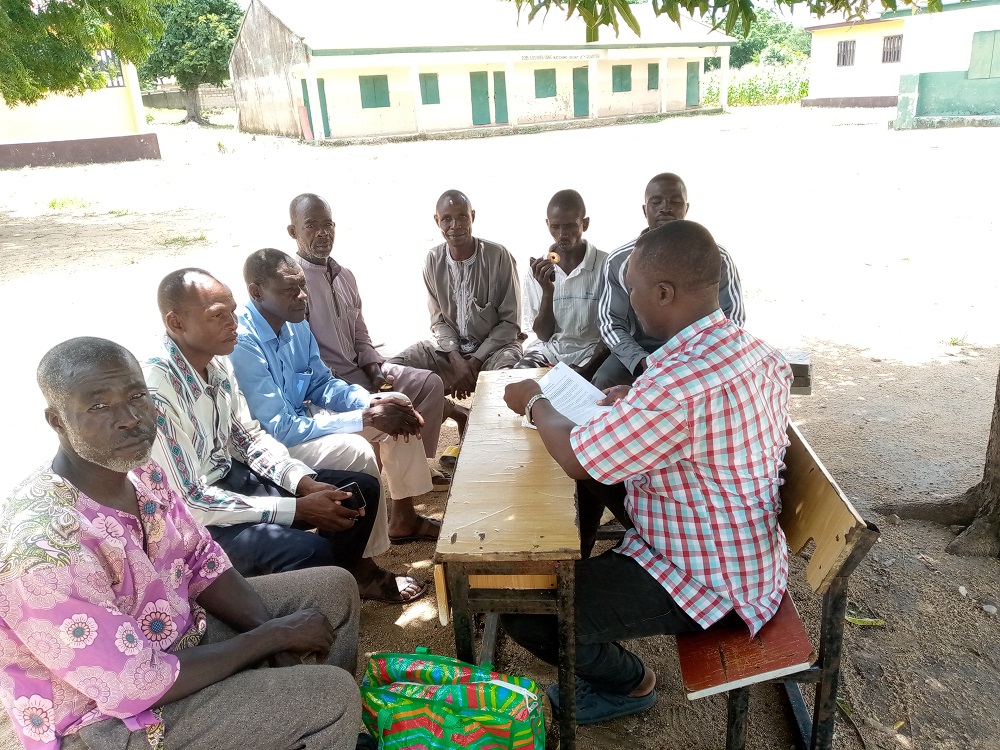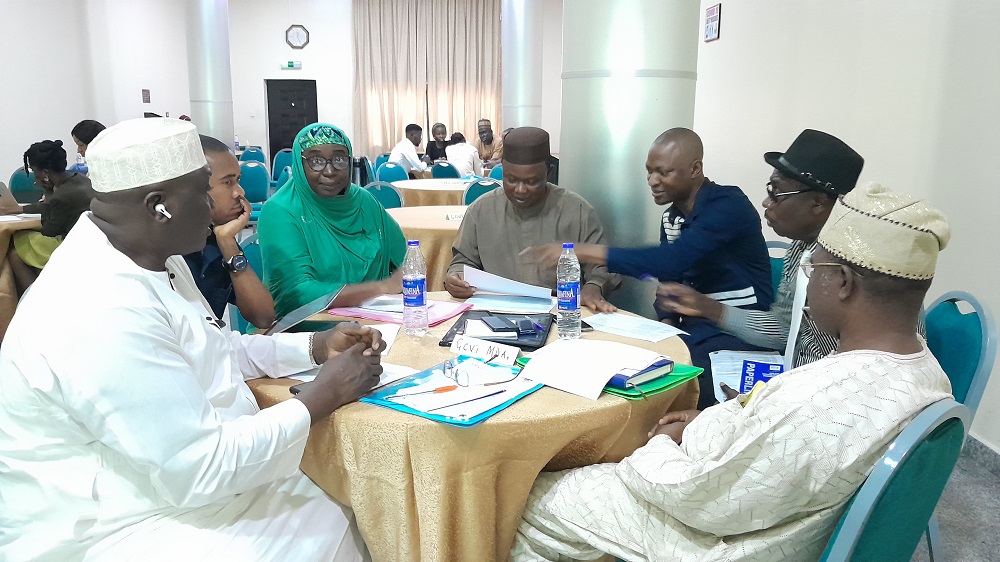
We are CHF
When six academics from Nigeria, the UK, and Ghana came together in 1997 following three years of deliberation and boldly decided to establish a not-for-profit organisation to address the gap between evidence and its application into policy and practice against absolute poverty, ignorance, and disease in the African community, we had a Common Heritage Foundation.
Registered in 1999, in Nigeria (RC 12361), the Common Heritage Foundation (CHF) has produced research evidence for use in several health, education, nutrition and food-related environmental policies and practices to the extent that evidence for policy is not in our DNA, but it is our gene!
We deliver
We made significant contributions to health system strengthening for tropical disease control and service delivery: river blindness (also known as onchocerciasis), elephantiasis (lymphatic filariasis), bilharziasis (schistosomiasis) and worms, including those transmitted through food and water. We co-developed the Community-directed intervention strategy for the control of major health problems in Africa!
We participated in the pioneering work for the development of the community management of malaria, HIV/AIDS, maternal and child-related illnesses, and nutrition. Then we transferred our experience from health system research to evidence generation for education decision-making for addressing problems of the teaching workforce, policy-system and practice coherence, and education access, quality and continuity in conflict, crisis and emergency settings. Our cardinal interest is to co-produce evidence on demand by those who need it to resolve the problems of poverty, disease and ignorance.
We are diverse. We use methodological diversity and capacity for hypothesis testing using experimental and quasi-experimental research designs. We are as relaxed with observational studies using various anthropological, social, and historical techniques as we are with quantitative study techniques. Our research publications are available on request, in the Downloads and in other sources such as Academia, and Scholar.

We Focus

CHF focuses on using research evidence to address problems in health, education, nutrition and food-related environmental policies and practices, and community capacity development. Our Research for Policy and Practice Activities is directed at supporting decision-makers, implementers, and service providers.
CHF has a vast network of collaborators and partners within Nigeria, Africa, the United States, Europe, and Asia. With its roots in research CHF continues its strong relationship with research and training institutions that have similar interests. CHF has worked in all regions of Nigeria, particularly in Northern Nigeria, where, despite abundant resources, has a disproportionate demand for improvement in major human development indices. Our team members have experience working in many African countries, West, East, Central and Southern and have collaborated with major researchers in health, and education.
We Provide
CHF provides opportunities for individuals and institutions with an interest in grassroot community interactive research for policy uptake. Annually we receive interns from universities in Nigeria and the United States and have training agreements with graduate schools and programmes. All our research projects have capacity strengthening as an integral component.
We provide the capacity for policymakers to understand research and use it for decision-making and policy implementation.
